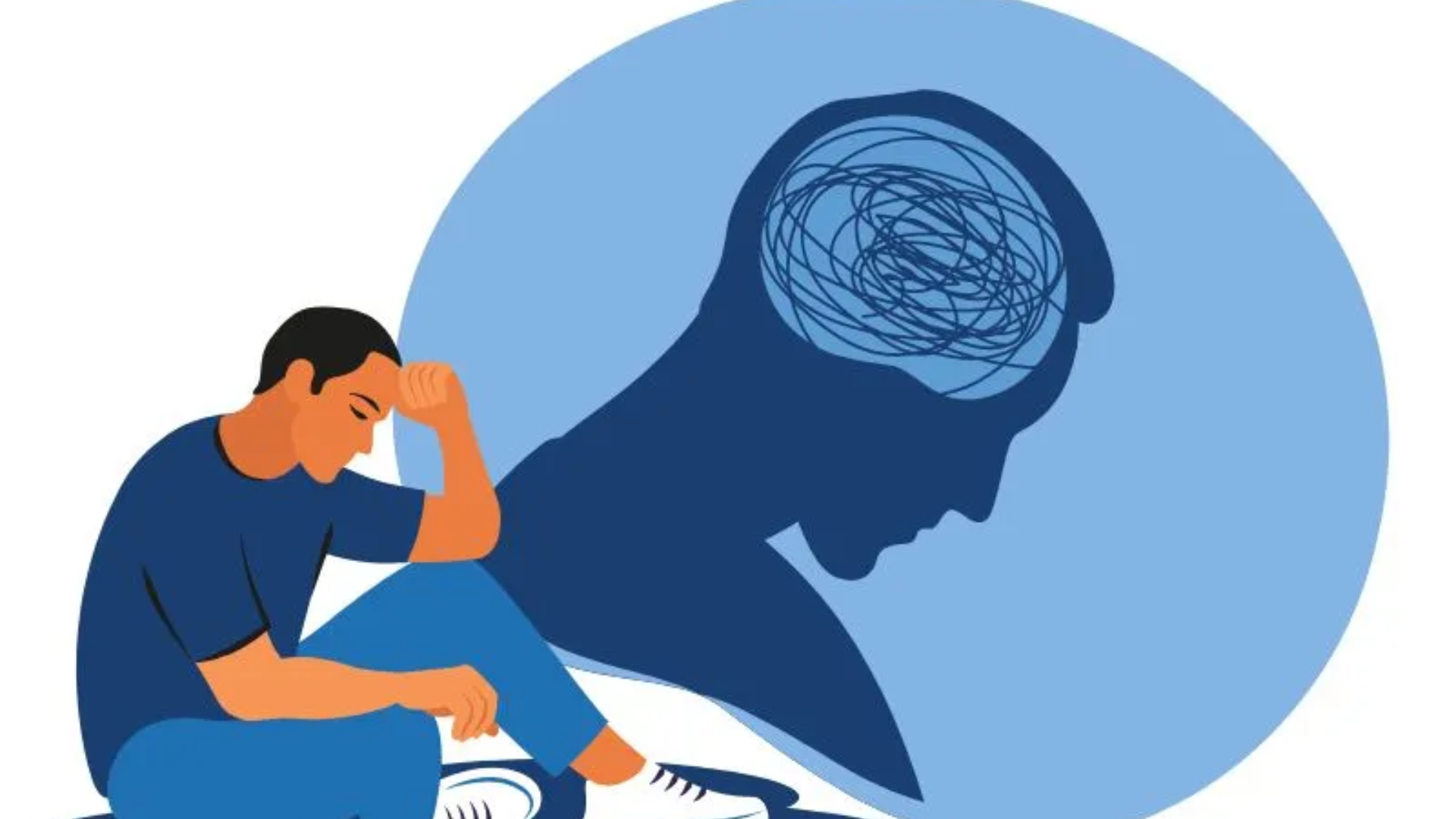According to reports and various analyses, India noted more than 48 thousand deaths due to suicides in 2022 while the number of incidents were more than 122 thousand for males and the reason for the same, among many were sense of isolation and mental disorders.
The cases of death by suicide among Indian men have increased over one third in the last seven years, as per a report by the Lancet Regional Health. While in 2014, 89,129 men died by suicide in India, the ratio increased to 2.64 times in the year 2021 and in the last year 1,18,979 men have lost their lives due to suicide as against 45,026 women.
Additionally a paper released by the International Institute for Population Sciences(IIPS) noted that the consistent rise in the number of male suicides and the low rates of female suicides indicate a better coping mechanisms within women, than men, when dealing with stress.
Further, while analysing the results of the paper, a former professor of the Advanced Centre for Women’s Studies, TISS, Deonar, Dr. Vibhuti Patel noted that there was a burden of patriarchy over men as well as women. “People are brought up in a certain way and told to be masculine. They will not take up menial jobs if they lose their respectable jobs.” She highlighted the role of stress and mental health disorders that were a major factor amongst other issues like family issues, economic security and others that pushed men to the brink and opt for suicide as their last option.
Also read: Is Cutting Off Toxic People the Key to a Better Life?
Mental health is also health!
For decades, there has been continuous discourse and deliberation regarding a person’s mental health and how it is a vital component of an individual’s wellness. However, mental health remains a taboo subject and a concept that most people do not understand.
The Mind is the most powerful part of the human body and being mentally fit is just as important for an individual as is being physically fit. Physical and mental health are, in some ways, interdependent in order for a person to function properly.
The effect of mental disorders is the same for men and women altogether. In fact, it has even been noted that the prevalence of the various mental disorders is lower in men than in women. However, there are other disorders that can be diagnosed among men at comparable rates than women or even at higher rates for men, like attention-deficit/hyperactive disorder (ADHD)
And while the subject of mental health is being debated around largely all across the globe, the subject of men’s mental health is still yet to be focused upon.
Also read: Women And Goddesses, The Irony Of The State Of India
Who’s talking to men?
Surveys from all around the world, according to Medical News Today, state that men irrespective of what part of the world they belong to, find it difficult to open up about their mental health despite the fact that they are just as much or even more at risk of attempting suicide than women. A World Health Organization (WHO) report also stated that in high income countries, the count of men who die by suicide is three times as many as women.
The pressure on men’s mental health is exponentially high, particularly in the Indian context, where a man is known to be the foundation and building block of the society. In a society where men are told to ‘man-up’ from a very young age and are taught and preached that being vulnerable is a sign of weakness and that men are not supposed to be weak but strong and dominant because they are the breadwinners in their families and must support their families’ needs and requirements, it is difficult for them to express themselves or their emotions. The traditional gender roles in a society and its expectations from a man are the main reasons why most men never reach out, even when they are struggling with the burden of responsibilities as well as the trauma that they have to go through in their daily lives in order to prove themselves and meet the standards of being a man that the society has set. These factors contribute to the least mentioned aspect of men’s mental health, namely depression. Men, on the whole, do not reflect the signs of depression that we associate with it. Instead, most men may display feelings that society has built into them in the guise of standards, such as aggression, hostility, or the desire to dominate, in order to mask their unhappiness.
Today, It is equally important to understand that society does not only stereotype women to behave in a certain way or live in a particular manner, but it also puts a man into a box of standards that it feels fit for them. It is extremely important to recognize the struggles that men face in their lives at every stage and help them overcome the same because they’re struggling just as much or maybe even more in the present times.
What are some of the other symptoms of mental disorders in men?
- Anger, irritability, or aggressiveness.
- Noticeable changes in mood, energy level, or appetite.
- Difficulty sleeping or sleeping too much.
- Difficulty concentrating, feeling restless, or on edge.
- Increased worry or feeling stressed.
- Misuse of alcohol, drugs, or both.
- Persistent sadness or feelings of hopelessness
- Feeling flat or having trouble feeling positive emotions
- Engaging in high-risk activities
- Aches, headaches, or digestive problems without a clear cause
- Obsessive thinking or compulsive behavior
- Thoughts or behaviors that interfere with work, family, or social life
- Unusual thinking or behaviors that concern other people
- Thoughts of death or suicide or suicide attempts
How to overcome stress and improve mental health?
->The very first step to overcoming a stressful situation or a mental health issue like depression and anxiety, etc is to be self aware. The key to getting better is to accept and admit it to yourself that you’re not well. Getting sick, mentally, is the same as getting sick physically and is a very big factor of well being.
->It is of utmost importance to understand that it’s okay to seek professional help when your mind feels pressured or the stress gets too much for you to handle. It’s similar to seeking help from a professional when you have a high fever or any physical health issue and is nothing to be ashamed of.
->The next very important step is to make meaningful connections with people, and keeping yourself surrounded with people you can count on. Find friends who will be there when you don’t feel like you’re being yourself, who can help you understand what you’re going through and help you through it.
->It is very important to be able to talk to people when you feel like you’re being sucked into your stressful situations and you can’t find your way out. It’s becomes imperative to make friends who can hold your hand and walk you out of those situations or atleast give the right solution pr help you reach out to a professional.
->According to Men’s Health Week, another important step towards wellness is to try to keep active. Walk uour dog, take your kids to the park, if you don’t have either, choose a sport and indulge in it for an hour everyday at the very least. Being active is highly important not just to stay physically fit but also to keep your mental health fit. There have been reports that men who are inactive are 60% more likely to suffer from depression than those who are active and thus your goal is to stay fit and active.























